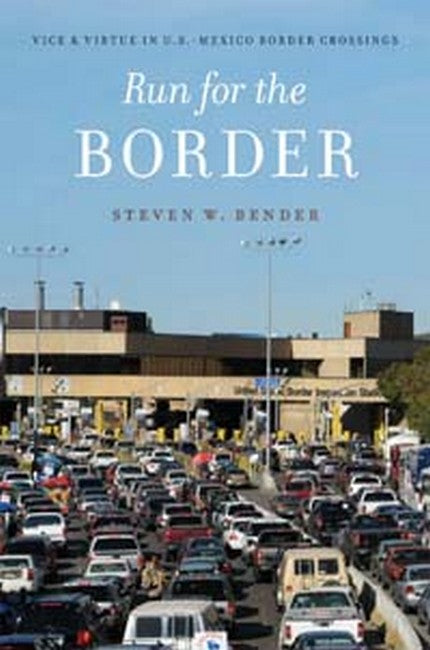Mexico and the United States exist in a symbiotic relationship: Mexico frequently provides the United States with cheap labor, illegal goods, and, for criminal offenders, a refuge from the law. In turn, the U.S. offers Mexican laborers the American dream: the possibility of a better livelihood through hard work. To supply each other's demands, Americans and Mexicans have to cross their shared border from both sides. Despite this relationship, U.S. immigration reform debates tend to be security-focused and center on the idea of menacing Mexicans heading north to steal abundant American resources. Further, Congress tends to approach reform unilaterally, without engaging with Mexico or other feeder countries, and, disturbingly, without acknowledging problematic southern crossings that Americans routinely make into Mexico. In Run for the Border, Steven W. Bender offers a framework for a more comprehensive border policy through a historical analysis of border crossings, both Mexico to U.S. and U.S. to Mexico. In contrast to recent reform proposals, this book urges reform as the product of negotiation and implementation by cross-border accord; reform that honors the shared economic and cultural legacy of the U.S. and Mexico. Covering everything from the history of Anglo crossings into Mexico to escape law authorities, to vice tourism and retirement in Mexico, to today's focus on Mexican border-crossing immigrants and drug traffickers, Bender takes lessons from the past 150 years to argue for more explicit and compassionate cross-border cooperation. Steeped in several disciplines, Run for the Border is a blend of historical, cultural, and legal perspectives, as well as those from literature and cinema, that reflect Bender's cultural background and legal expertise.

